Post-rain bike maintenance
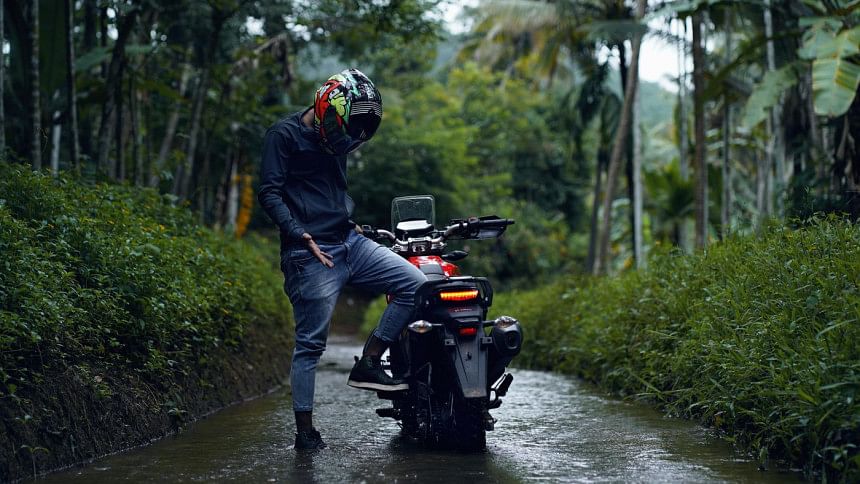
Motorcycles may be one of the most convenient ways to blow past Dhaka's congested streets, but they are not exactly the best option during rainy days. Bangladesh is infamous for its floods which are almost every vehicle owner's nightmare. The water may submerge your motorbike causing damage, whether mild or severe. Floods may also negatively affect the bike's value, considering the damage it does. To protect yourself and your bike, be mindful of the road conditions when raining as the streets of Dhaka are full of potholes and open manholes. Look for a different route when you encounter a flooded area as the dangers outweigh the benefits. But if your motorcycle does experience flooding, here's the maintenance list of the key components to check afterwards.

Do not start your vehicle
When the water submerges your bike's exhaust pipe and engine, there is a chance that water has swept into the engine's combustion chamber, spark plugs and electrical systems. Starting the engine may severely damage the engine further by causing perhaps an electric short circuit, it may cause the water hammer and your connecting rod to bend. So, never start your bike in the middle of the flooding.
Disconnect the battery
It is wise to disconnect the battery at the terminals to prevent electrical grounding. This is important if the bike is new and full of auxiliary systems and sensors, as even when the bike is turned off, electricity is being supplied to such systems and sensors. If possible, remove the entire battery and let a professional mechanic assess it.
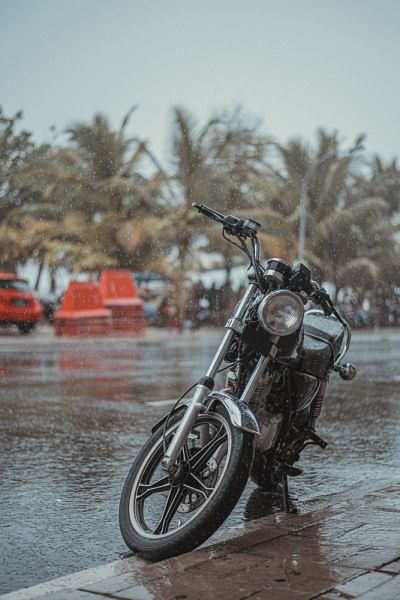
Replace/clean spark plugs
Wet spark plugs can create problems like corrosion, and if left for a long period, they may become more difficult to remove if mud has entered and solidified. Remove the spark plugs, clean them and leave them to dry. If the damage is noticeable, replace them with new ones. Try to kickstart your bike without the spark plugs to avoid electrical damage. Lastly, make sure to check the running coil has been placed properly before putting the spark plugs back in.
Braking system
Water may lock the braking systems, especially in motorbikes with drum brakes. When braking, the sharp squealing noise during a ride is a sign that water is locking the systems out. The problem can be solved by drying it out, removing the drum and shoes and then lubricating the backing plate. Check your drum pads, as dry drum pads will harden and lose their performance.
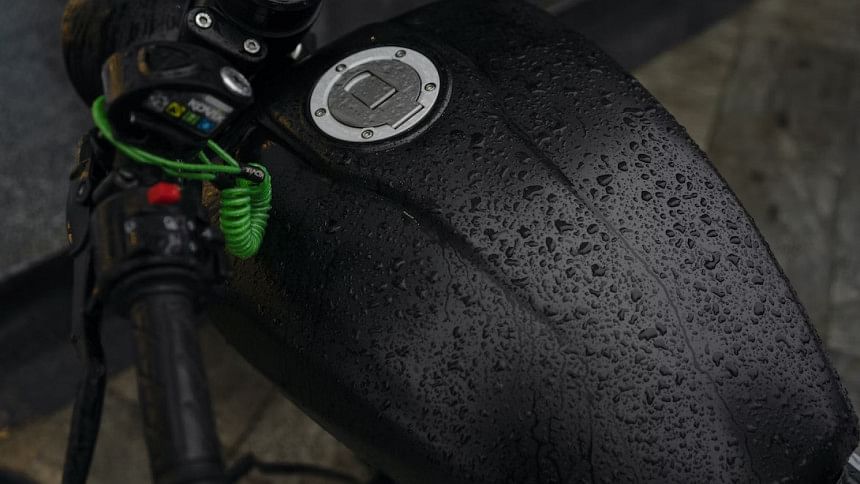
For motorbikes with disc brakes, cleaning and drying them immediately is essential to avoid further problems. Check other components of the system like brake cables, brake levers, master cylinder and brake fluid. When you get out of the water, pump the brakes multiple times to ensure it works properly and all water is drained or evaporated from the pumping due to generated heat.
Oil replacement
After going through a messy flood, the next thing to check is the motorbike's oil. There is a risk of dirty water mixing with the oil and damaging the bike internally. Simply check the oil's colour and if it's a milky colour, it means the water has mixed with the oil. This oil will not lubricate properly and cause engine components to wear out. It's best to drain or flush the oil and completely replace it with new oil.
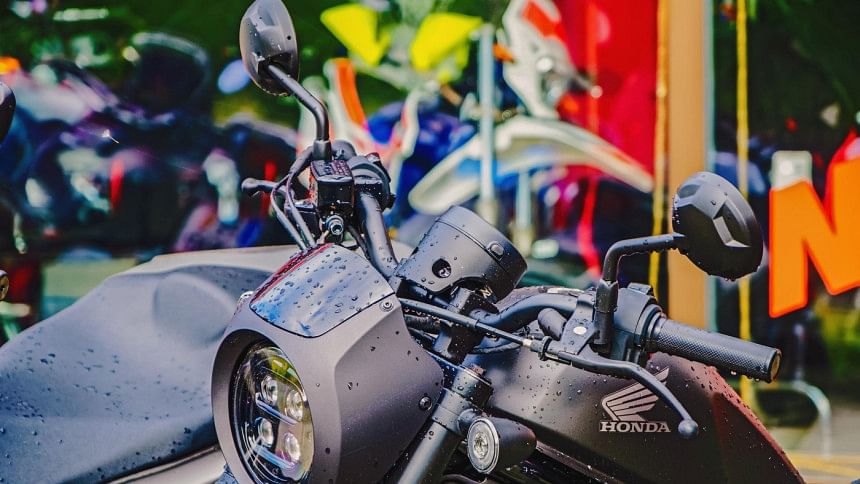
Air filter
Make sure the air filter is completely dry otherwise water may get sucked into the combustion chamber, which can also damage the engine internally. Ideally, it's best to replace the air filter to maintain its optimal functionality.
Get professional help
Despite all the maintenance tips, your best option is to get the bike fully serviced and checked by a professional mechanic or service centre. The professionals are trained for such things, they can inspect thoroughly and can even solve the problems that you may have missed out on. They are the best option to save your two-wheeler in the long run.

 For all latest news, follow The Daily Star's Google News channel.
For all latest news, follow The Daily Star's Google News channel. 

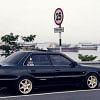
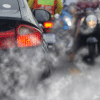
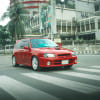
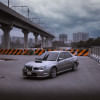



Comments